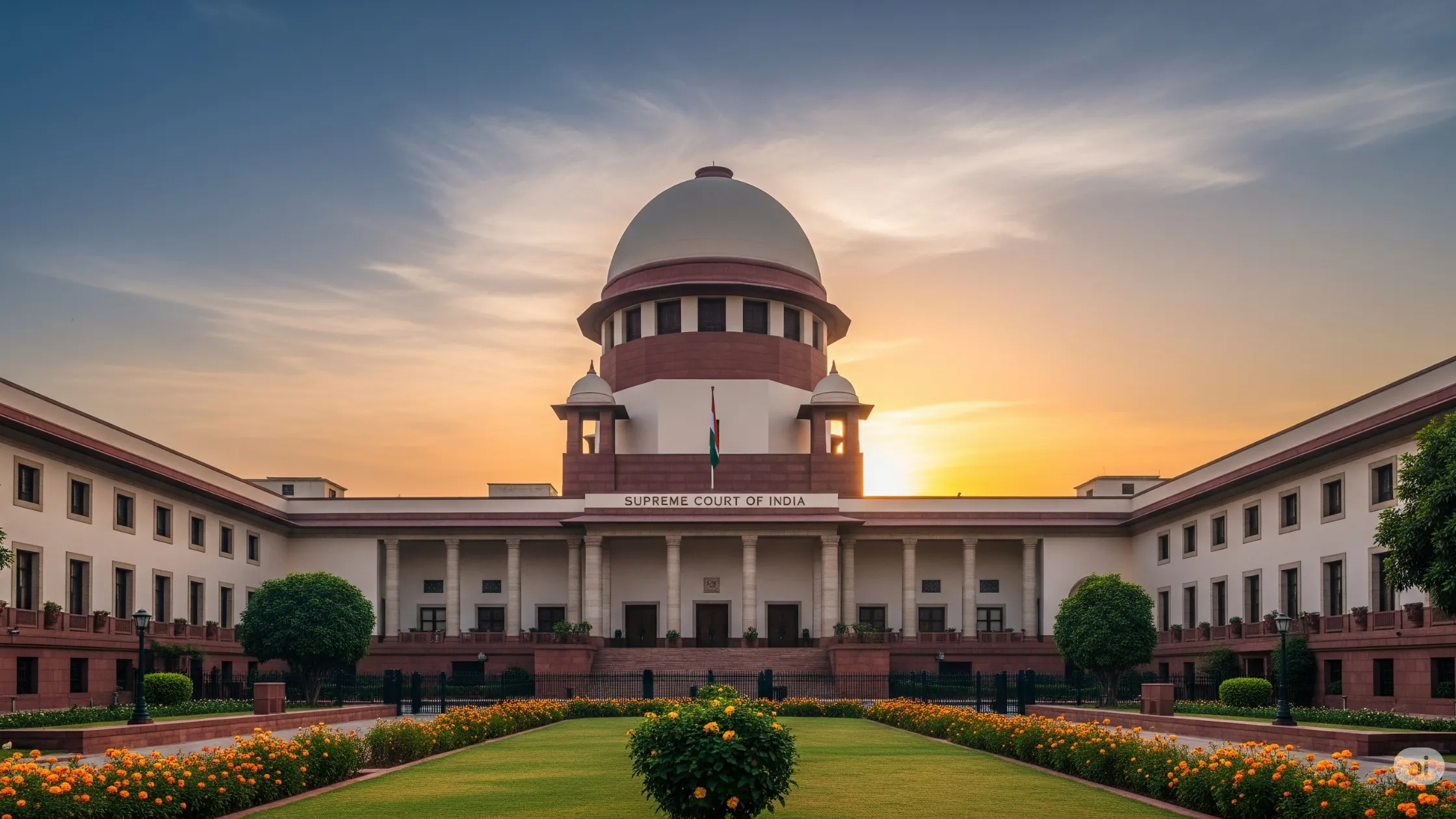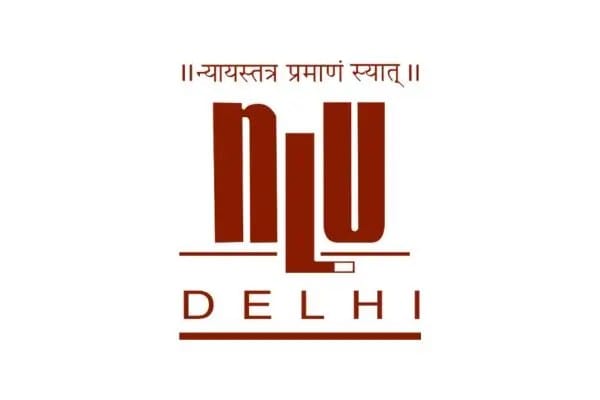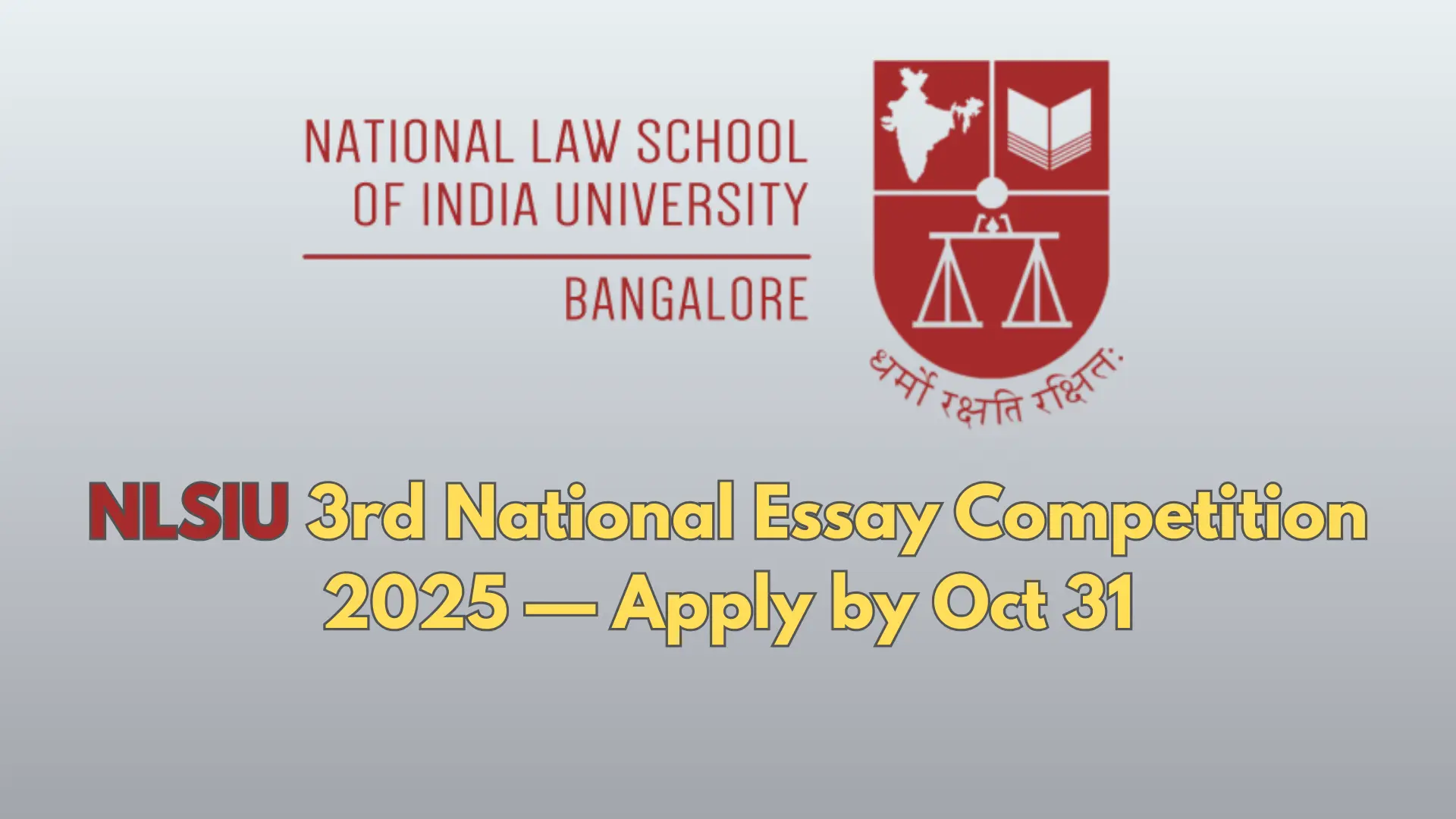The Case That Shook UAPA Procedures
Imagine being taken into custody without being handed a single sheet of paper explaining why. That’s exactly what happened to Prabir Purkayastha, Director of NewsClick, whose arrest triggered a groundbreaking Supreme Court decision. This wasn’t just a win for one journalist; it was a loud, bold reminder that the Constitution’s guarantees of liberty aren’t optional. If you’ve ever thought UAPA and similar laws leave too much room for misuse, this judgment is for you.
Quick Case Recap
In August 2023, the Delhi Police’s Special Cell registered FIR No. 224 of 2023, slapping serious charges under Sections 13, 16, 17, 18, and 22C of the Unlawful Activities (Prevention) Act (UAPA), and Sections 153A and 120B of the IPC. On October 3, 2023, Purkayastha was arrested, and during raids, multiple digital devices and documents were seized.
Here’s the kicker: the arrest memo was computerized, generic, and didn’t mention the grounds of arrest. He was remanded to police custody for seven days. The Delhi High Court refused to intervene, but Purkayastha didn’t stop there—he knocked on the doors of the Supreme Court.
Key Issues Before the Supreme Court
- Validity of arrest without written grounds of arrest – Did this violate Article 22(1) and 22(5) of the Constitution and Section 50 of the CrPC?
- Violation of fundamental rights – Could a generic “reason for arrest” satisfy constitutional safeguards?
- Fair trial concerns – Without detailed grounds, could Purkayastha effectively consult his lawyer, challenge detention, or apply for bail?
The Verdict: Arrest and Remand Declared Invalid
On May 15, 2024, the Supreme Court, in a bench led by Justice B.R. Gavai and Justice K.V. Viswanathan, quashed Purkayastha’s arrest and remand, calling them illegal and unconstitutional. He was ordered to be released on bail and surety bonds because the charge sheet was already filed.
The court emphasized:
- Difference between “reasons” and “grounds” of arrest – Reasons are generic (preventing tampering, ensuring appearance in court), but grounds are case-specific facts empowering the accused to defend themselves.
- Reliance on Pankaj Bansal v. Union of India (2023) – The same principle under the Prevention of Money Laundering Act (PMLA) applies to UAPA arrests. Written grounds are mandatory.
- Constitutional necessity – Article 22(1), 22(5), and Section 50 of the CrPC guarantee that an accused knows the exact charges. Anything less is unconstitutional.
Why This Judgment Matters for All of Us
This case isn’t just about Prabir Purkayastha. It reasserts that procedure is the soul of liberty. Here’s why it’s a game-changer:
1. A Wake-Up Call for Investigative Agencies
The ruling puts a constitutional speed breaker on arbitrary arrests under UAPA, PMLA, and NDPS—laws often criticized for harsh bail conditions. Police and enforcement agencies now have a non-negotiable duty: hand over written grounds, or risk their entire case collapsing.
2. Strengthening the Right to Counsel
How can an accused fight charges if they don’t know the case against them? By mandating written grounds, the SC has ensured that lawyers aren’t working blindfolded.
3. Reinforcing Article 21 and 22 Protections
Article 21 guarantees life and liberty, while Article 22(1) and 22(5) safeguard against arbitrary detention. The judgment breathes life into these provisions, proving that constitutional rights are not just symbolic.
4. Ripple Effects on Other Draconian Laws
Expect this ruling to influence cases under:
- NDPS Act – Known for its harsh bail conditions.
- PMLA – Where arrests often rely on vague allegations.
- Other special laws – Any statute that restricts liberty will now face stricter judicial scrutiny.
Breaking Down “Grounds of Arrest” vs. “Reasons of Arrest”
Think of it like this:
- Reasons of Arrest: Generic lines police use—“to prevent tampering of evidence” or “to ensure presence in trial.”
- Grounds of Arrest: Detailed, case-specific facts—like which exact WhatsApp chat or financial record led to your arrest.
The SC made it clear: these two cannot be swapped or treated as the same thing. Without written grounds, the accused is fighting shadows.
A Law Student’s Take: Why This Case Is a Milestone
As a law student, this case feels like a masterclass in constitutional law. It reaffirms two core principles:
- Liberty Over State Power: No matter how grave the allegations, state power isn’t above constitutional procedure.
- Due Process Is Non-Negotiable: When courts say “procedure established by law,” they mean every word of it.
Purkayastha’s fight wasn’t just about journalism. It’s about the right to be informed, the right to prepare a defense, and the right to liberty—rights that can’t be sidelined, even under anti-terror laws.
Lessons for Law Enthusiasts & Practitioners
- Always demand written grounds – If you or a client is arrested under UAPA/PMLA, this judgment is your armor.
- Know your Articles and Sections:
- Article 22(1): Right to be informed of reasons for arrest.
- Article 22(5): Right to representation.
- Section 50 CrPC: Immediate communication of arrest grounds.
- Challenge vague detentions – Generic arrest memos won’t pass judicial scrutiny anymore.
Closing Thoughts: A Victory for Constitutionalism
Prabir Purkayastha v. State (NCT of Delhi) is more than a legal precedent; it’s a bold stand for procedural fairness in a country where draconian laws often overshadow rights. The SC’s message is crystal clear: Liberty is not negotiable. If state agencies want to restrict freedom, they better follow every letter of the law.
As future lawyers, this is a call-to-action for us: know your Constitution, challenge procedural lapses, and stand firm when rights are at stake. Because justice isn’t just about punishment—it’s about fairness, transparency, and due process.
Sources :
https://indiankanoon.org/doc/17476648
https://jlrjs.com/wp-content/uploads/2025/03/78.-Lavanya-Bhardwaj.pdf








